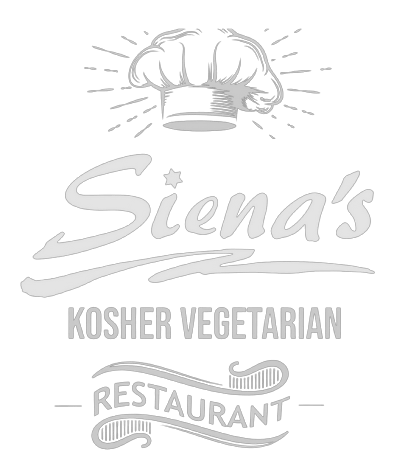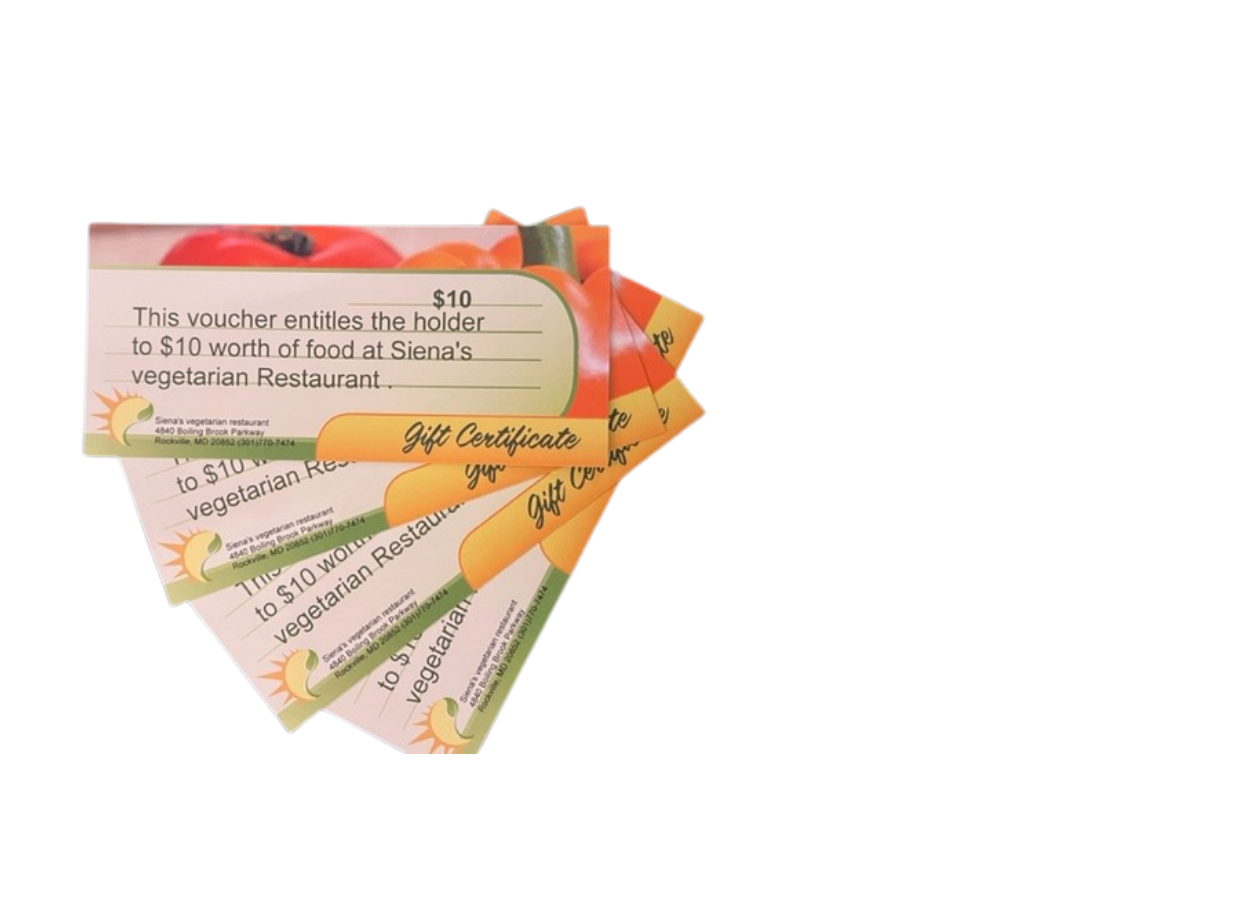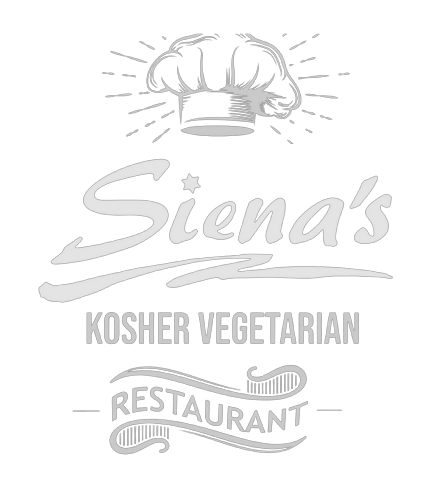What Is Kosher Food
Kosher food refers to food that is prepared and consumed in accordance with Jewish dietary laws, known as Kashrut.

These dietary laws specify which foods are considered permissible or "kosher" and which are not.
Non-kosher food, on the other hand, refers to any food that does not meet the dietary requirements of Kashrut.
Some of the basic principles of Kashrut include:
- The prohibition of eating certain animals: Kosher animals include those that have cloven hooves and chew their cud, such as cows, sheep, and goats. Non-kosher animals include those that do not meet these criteria, such as pigs, horses, and rabbits, among others.
- The prohibition of eating certain parts of kosher animals: For example, the sciatic nerve and certain fats are not permitted to be eaten.
- The separation of meat and dairy products: Meat and dairy products cannot be cooked or consumed together. This includes not only meat and dairy items themselves, but also the utensils, dishes, and even the kitchen facilities used to prepare them.
- The use of specific methods for slaughtering animals: Kosher slaughter, known as shechita, requires a trained and certified slaughterer to use a very sharp knife to make a swift and clean cut to the throat of the animal, killing it instantly.
- The prohibition of eating blood: Animals must be thoroughly drained of their blood before they can be consumed, and the use of blood in cooking is prohibited.
In addition to these guidelines, there are also restrictions on the consumption of insects and certain foods and additives that are considered non-kosher.
The dietary laws of Kashrut are based on various passages in the Torah, and the reasons for these laws are often explained in religious terms. For example, some believe that the dietary laws promote spiritual purity, while others argue that they promote ethical treatment of animals.
In addition to religious reasons, some people choose to follow kosher dietary laws for health, environmental, or cultural reasons. However, others may not follow these laws at all or may follow them only partially.
Kosher food is prepared in a specific way to maintain its purity and cleanliness. The preparation involves following a set of guidelines, including using certain utensils, washing and salting meat, and separating meat and dairy products. Foods that are considered kosher include certain types of meat (such as beef, chicken, and lamb), fish with fins and scales, fruits and vegetables, and grains.
Non-kosher food, on the other hand, can refer to any food that does not meet the dietary requirements of Kashrut. This can include food that is considered "unclean" or forbidden in the Torah, as well as food that is not prepared in accordance with the specific guidelines of Kashrut. For example, non-kosher food can include pork, shellfish, or any food that contains non-kosher ingredients such as gelatin made from non-kosher animals.
In Jewish tradition, observing the dietary laws of Kashrut is seen as a way to promote physical and spiritual purity. However, some people also choose to follow a kosher diet for health, ethical, or environmental reasons. For example, some people may believe that a kosher diet is healthier because it limits the consumption of certain types of meat or encourages the consumption of whole foods.
Many food products are labeled as kosher, even if they are not strictly required to be so. This is because many consumers, including those who are not Jewish, may choose to purchase kosher food for various reasons. Additionally, kosher certification can be important for food manufacturers who want to appeal to a wider range of consumers.
Ready to work with Siena's Restaurant?
Let's connect! We’re here to help.
Send us a message and we’ll be in touch.
Or give us a call today at (301) 770-7474
Agency Contact Form
We will get back to you as soon as possible
Please try again later


4840 Boiling Brook Pkwy
North Bethesda, MD
20852
Business Hours
- Mon - Thu
- -
- Friday
- -
- Saturday
- Closed
- Sunday
- -
Contact Us
Gift Certificates are available

All Rights Reserved | Siena's Kosher Vegetarian Restarant | Designed by ADE Business Solutions

